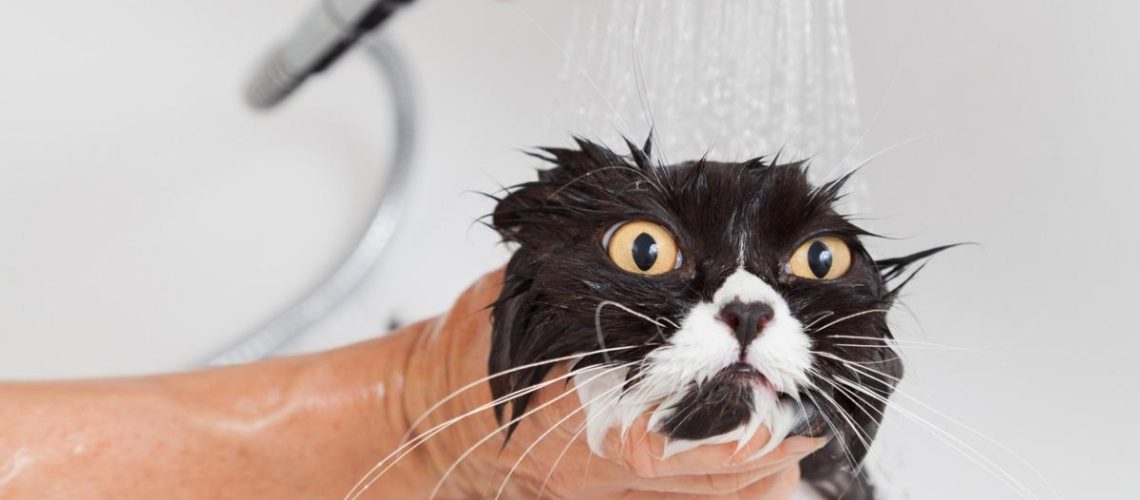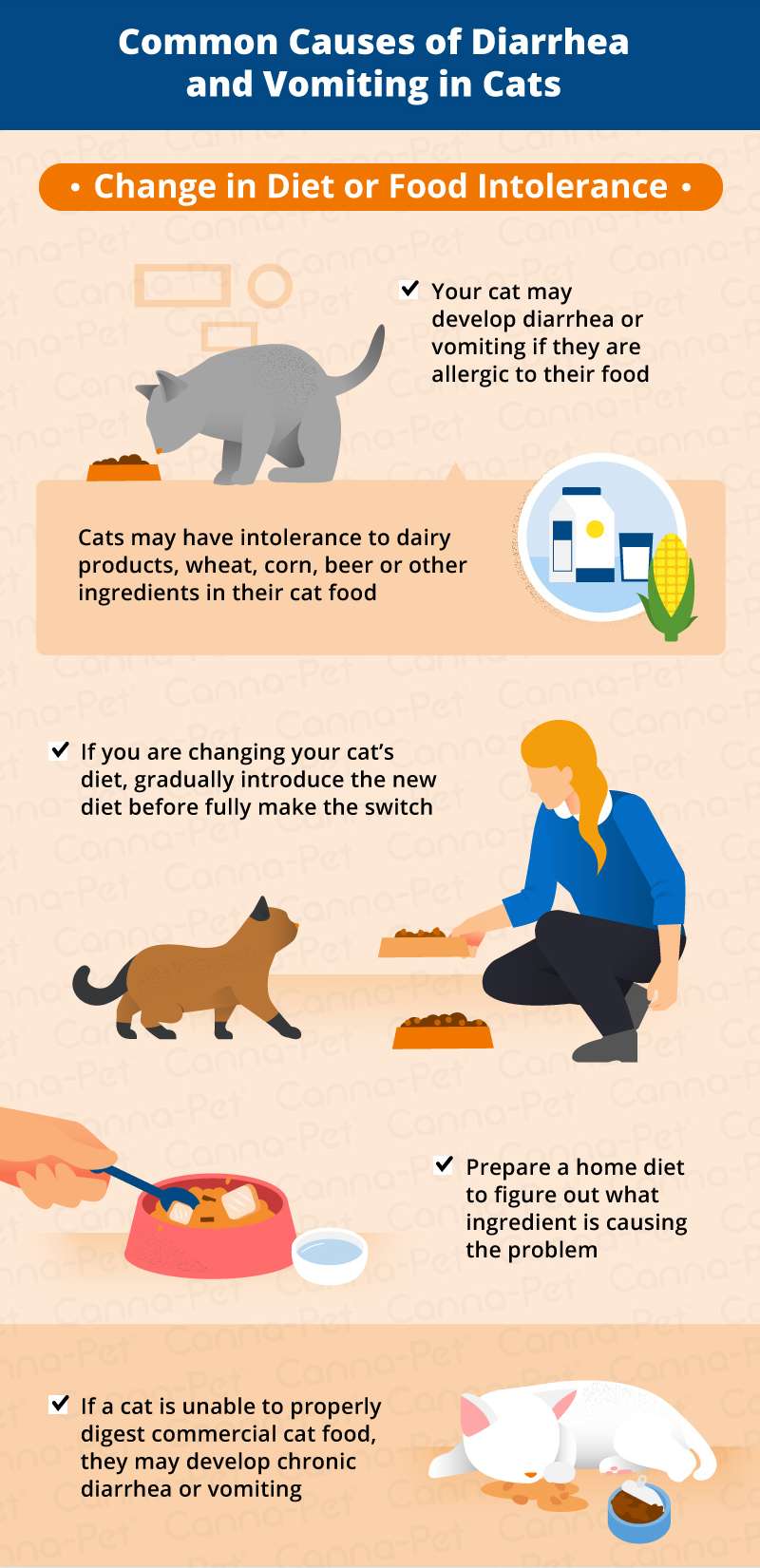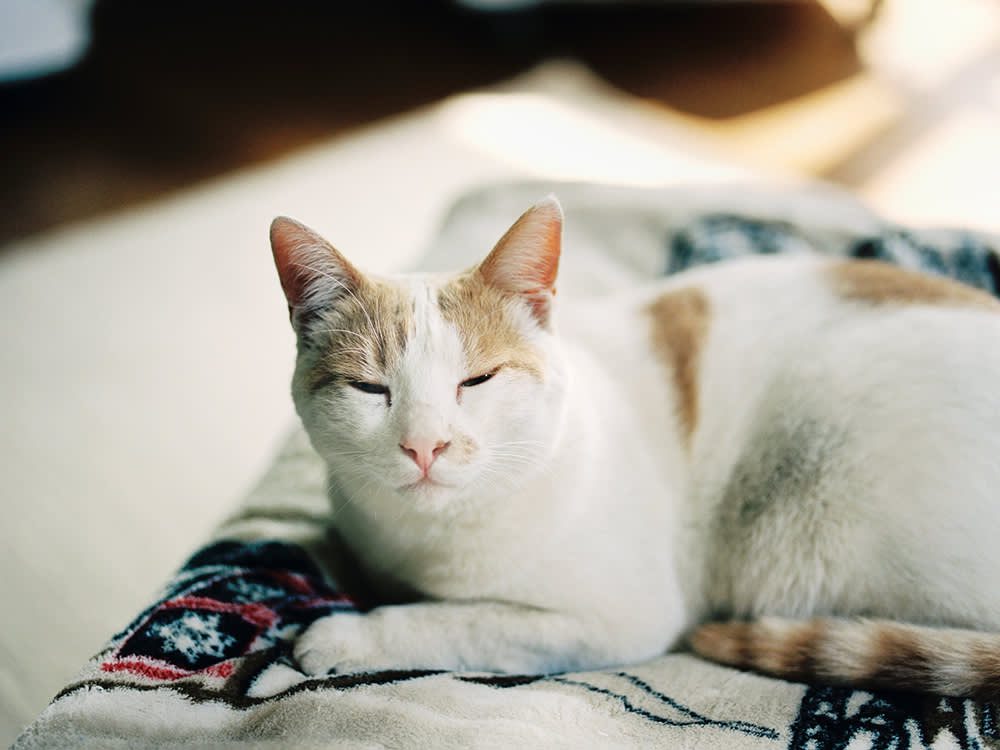Are you curious about why cats seem to despise water? Well, buckle up because we're about to dive deep into the intriguing world of feline hydrophobia. Understanding this subject is not only fascinating but also crucial for cat owners and enthusiasts alike.
By uncovering the reasons behind their aversion to water, we can gain insights into our furry friends' behavior and potentially improve their well-being. So, get ready to explore the watery woes of cats and discover what makes them turn their noses up at H2O. Get ready for a splash of knowledge that will leave you amazed!
Key Takeaways:
- Cats have a natural aversion to water due to their ancestral instinct as desert-dwelling animals.
- Water can be perceived as a threat by cats, leading to stress and anxiety.
- Providing alternative hydration methods such as wet food or water fountains can encourage cats to drink more water.
- Regular grooming and bathing can help desensitize cats to water and make the experience less stressful for them.
- Introducing water gradually through play and positive reinforcement can help cats overcome their fear of water.
Why do cats dislike water?
Cats and Water: A Natural Instinct
Many cats have a natural aversion to water, which can be traced back to their wild ancestors. Cats, especially those in the wild, rely on their fur for insulation and protection. When a cat's fur gets wet, it becomes heavy and loses its insulating properties. This makes it harder for them to regulate their body temperature and stay warm.
In addition, cats have a unique grooming routine that involves licking themselves clean. Their tongues have tiny barbs that help remove dirt and debris from their fur. Water disrupts this process by making the fur clump together, making it difficult for cats to groom themselves effectively.
Reasons Cats Dislike Water:
- Their fur loses its insulating properties when wet.
- Water disrupts their grooming routine.
How does water affect a cat's fur and grooming habits?
The Impact of Water on Cat Fur
When a cat's fur comes into contact with water, it can become matted and tangled. The water causes the individual hairs to stick together, making it challenging for the cat to groom itself properly. This can lead to discomfort and skin problems if not addressed promptly.
Cats are meticulous groomers, spending hours each day cleaning themselves. However, when their fur is wet, they are unable to remove dirt and debris effectively. This can result in an accumulation of dirt on their skin, leading to irritation or even infection.
Effects of Water on Cat Fur:
- Fur becomes matted and tangled when wet.
- Cats are unable to remove dirt and debris effectively.
- Accumulation of dirt can lead to skin irritation or infection.
Why do cats try to avoid getting wet?
Cats and Their Fear of Water
Cats have a natural instinct to avoid water due to several reasons. Firstly, their fur acts as insulation, keeping them warm. When their fur gets wet, it loses its insulating properties and makes them feel cold and uncomfortable. Secondly, cats are generally not strong swimmers and may feel vulnerable in water. They rely on their agility and quick reflexes on land, and being in water hampers their ability to escape from potential threats.
In addition, cats are known for their fastidious grooming habits. They spend a significant amount of time cleaning themselves each day. Water disrupts this routine by making their fur clump together, which they find unpleasant and difficult to manage.
Reasons Cats Avoid Getting Wet:
- Wet fur makes them feel cold and uncomfortable.
- Cats are not strong swimmers and may feel vulnerable in water.
- Water disrupts their grooming routine by making their fur clump together.
What are some common behaviors of cats around water?
Cat Behaviors Near Water
Cats exhibit various behaviors when they encounter water. Some common behaviors include:
- Avoidance: Many cats will actively try to avoid coming into contact with water. They may jump away or run off if approached with water or if they accidentally get wet.
- Pawing: Cats often use their paws to test the surface of the water before fully committing. They may gently paw at the water or dip just their paw in to gauge its depth.
- Curiosity: Some cats may exhibit curiosity towards water, especially if it is moving or dripping. They may watch the water intently or try to play with it using their paws.
Are there any cat breeds that like being in water?
Cat Breeds with a Fondness for Water
While most cats are not fond of water, there are a few cat breeds that have a higher tolerance or even enjoy being in water:
- Turkish Van: This breed is known for its love of swimming and playing in water. They have a unique coat that repels water, making them excellent swimmers.
- Maine Coon: Maine Coons generally have a higher tolerance for water compared to other breeds. Some individuals may even enjoy playing in shallow water or dipping their paws.
- Abyssinian: Abyssinians are curious cats and may show more interest in water than other breeds. While they may not actively seek out swimming opportunities, they might be more willing to explore near bodies of water.
How can cat owners keep their cats clean without using water?
Alternative Methods for Cat Cleaning
If your cat dislikes getting wet or you prefer not to use water for cleaning, there are alternative methods to keep your cat clean:
- Dry Shampoo: Use specially formulated dry shampoos designed for cats. These products can help remove dirt and odors from the fur without the need for water.
- Grooming Wipes: Grooming wipes are pre-moistened with gentle cleansers that can be used to wipe down your cat's fur. They are convenient for quick touch-ups and spot cleaning.
- Regular Brushing: Regular brushing helps remove loose hair, dirt, and debris from your cat's fur. This can help keep their coat clean and reduce the need for frequent bathing.
Can cats be trained to tolerate or enjoy water?
Training Cats to Tolerate Water
While it may be challenging to completely change a cat's natural aversion to water, some cats can be trained to tolerate or even enjoy water through gradual exposure and positive reinforcement:
- Start Slowly: Introduce your cat to water gradually by offering small amounts in a controlled environment. Use a shallow container or sink filled with a few inches of water.
- Reward-Based Training: Associate positive experiences with water by providing treats, praise, or playtime during and after each session. This helps create positive associations with being near water.
- Patient Approach: Take things at your cat's pace and never force them into situations they are uncomfortable with. Respect their boundaries and gradually build up their tolerance over time.
In conclusion, cats are not fans of water due to their natural instincts and physical characteristics. They have a dislike for getting wet and prefer to groom themselves using their tongues.
Why do cats not like water bottles?
The preference of cats for water ultimately depends on their individual experiences as kittens. From a physiological standpoint, it is logical for cats to avoid water due to their thick coat, which has a dense undercoat that takes a considerable amount of time to dry if it becomes soaked.
Why do people think cats don't like water?
Wet fur can cause a great deal of discomfort for cats and can take a significant amount of time to dry. Additionally, wet fur adds weight and reduces a cat's agility, making them more vulnerable to predation.
Why does my cat not like fans?
There is a theory that suggests that cats may be scared of ceiling fans because the movement, shape, and color of the fan resemble that of a flying predator. This theory proposes that if the fan blades have a color that stands out against the ceiling, both the color and movement of the fan might frighten cats.
Why do cats not like cucumbers?
The reason behind cats' aversion to cucumbers is often attributed to their inherent fear of snakes. Cats perceive cucumbers as resembling snakes, causing them to react with fear and jump in order to avoid potential harm.
Is it cruel to spray a cat with water?
Using water spray as a form of discipline for your cat can have lasting negative effects, such as causing stress and damaging the relationship between you and your pet. Instead, try using positive reinforcement, offering alternative options, or consulting a professional for guidance on correcting unwanted behaviors.
Is it OK to squirt cats with water?
Using a squirt bottle to spray cats is considered a form of punishment, not reinforcement. Instead, it is better to give your cat different options to express their behavioral needs and then reward them when they choose the preferred behavior. This is the most effective way to encourage your cat to exhibit positive behavior.

















